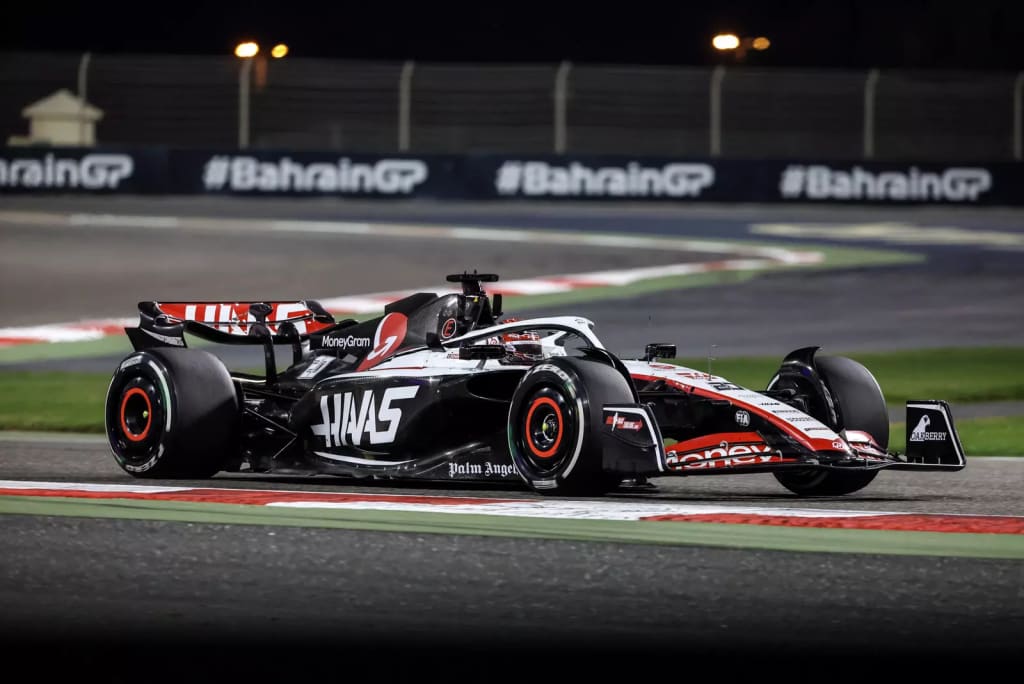
Introduction:
Major sporting events have become significant catalysts for economic growth and development in various regions around the world. The Middle East, in particular, has witnessed a surge in hosting such events, leveraging them as a means to diversify their economies, attract tourism, and enhance their global reputation. This article explores how major sporting events are driving economic growth in the Middle East, focusing on key examples and their impact on various sectors.
Economic Diversification:
The Middle East, traditionally reliant on oil revenues, recognizes the need to diversify its economy and reduce dependence on finite resources. Hosting major sporting events provides a platform to invest in infrastructure, tourism, and other sectors, ultimately stimulating economic diversification. For instance, the United Arab Emirates (UAE) used the 2010 FIFA Club World Cup and 2011 AFC Asian Cup as stepping stones to develop their sports tourism industry and promote non-oil sectors.
Infrastructure Development:
Hosting major sporting events necessitates significant investments in infrastructure, including stadiums, transportation networks, accommodation, and entertainment facilities. These projects stimulate economic activity and create jobs, boosting various sectors such as construction, engineering, and transportation. Qatar's hosting of the 2022 FIFA World Cup serves as a prime example, with the country investing heavily in building state-of-the-art stadiums, transportation systems, and urban developments, fueling economic growth.
Tourism and Hospitality:
Major sporting events attract a significant influx of international tourists, leading to increased hotel bookings, dining, shopping, and other tourism-related activities. This surge in tourism expenditure directly benefits the hospitality sector, generating employment opportunities and boosting revenue. Dubai's hosting of the Dubai World Cup, a prestigious horse racing event, has consistently attracted global attention, significantly contributing to the city's tourism industry and reinforcing its position as a world-class destination.
Job Creation and Training:
Hosting major sporting events requires a skilled workforce to manage various aspects, including event organization, hospitality, security, and media. This demand for manpower creates job opportunities and encourages the development of specialized skills. The creation of temporary and permanent positions in sectors such as event management, marketing, and security provides employment opportunities for local communities. Additionally, investing in training and capacity building ensures the development of a skilled workforce that can contribute to the region's overall economic growth in the long term.
Sports Industry Development:
Hosting major sporting events fosters the growth of the sports industry within the host country. The development of sports facilities, training centers, and academies provides a nurturing environment for athletes, attracting international sporting talent and creating opportunities for local athletes to excel. Qatar's hosting of the 2019 IAAF World Athletics Championships showcased their commitment to athletics and resulted in the establishment of world-class training facilities, contributing to the growth and development of the sports industry in the region.
International Reputation:
Hosting major sporting events enhances the international reputation of the Middle East, positioning it as a global player in sports and entertainment. The successful organization of these events showcases the region's capabilities in terms of infrastructure, hospitality, and event management. This positive perception can attract foreign investment, stimulate business partnerships, and encourage international collaborations across various sectors. The Middle East's successful hosting of the Abu Dhabi Grand Prix, a Formula 1 race, has significantly bolstered the region's reputation as a premier sporting destination.
Conclusion:
Major sporting events have emerged as powerful instruments for economic growth and development in the Middle East. By leveraging these events, countries in the region have been able to diversify their economies, invest in infrastructure, promote tourism, create jobs, develop the sports industry, and enhance their international reputation. Through strategic planning and investment, the Middle East continues to harness the potential of major sporting events as a means to drive economic prosperity and





Comments
There are no comments for this story
Be the first to respond and start the conversation.